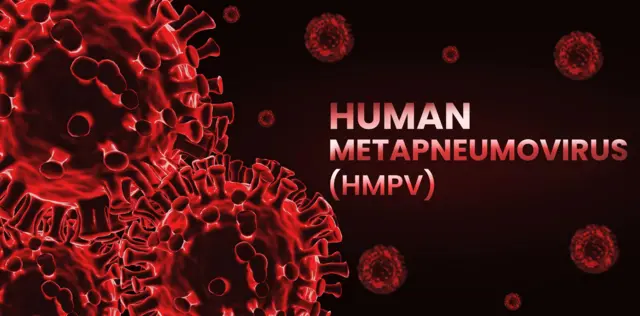Human Metapneumovirus: A Wake-Up Call for Global Health Vigilance
By Matthew Eloyi
As the world emerges from the shadows of the COVID-19 pandemic, the recent outbreak of Human Metapneumovirus (HMPV) serves as a stark reminder of our interconnectedness and shared vulnerability. Reports of overcrowded hospitals in China, rising cases in other regions, and the global health community’s cautious response underline the urgent need for sustained vigilance in public health systems worldwide.
The Nigeria Centre for Disease Control and Prevention (NCDC) has been proactive, with its Director-General, Dr. Jide Idris, reaffirming the agency’s commitment to safeguarding the nation. Surveillance systems like the National Influenza Sentinel Surveillance (NISS) have shown no unusual increases in respiratory infections in Nigeria, but the situation demands more than reactive assurances.
HMPV is not new—it was first identified in 2001 and is part of a virus family that includes respiratory syncytial virus (RSV). While typically mild in healthy populations, it poses severe risks to children, the elderly, and individuals with compromised immune systems. The symptoms, ranging from flu-like discomfort to severe respiratory distress, highlight its potential to overwhelm healthcare systems, particularly in resource-limited settings.
The outbreak in China, while not yet classified as a global emergency by the World Health Organisation (WHO), raises concerns about the adequacy of international data sharing. Comparisons to China’s initial handling of COVID-19 are inevitable, and the calls by experts like Dr. Sanjaya Senanayake for genomic data sharing cannot be ignored. Transparency is crucial—not only to identify potential mutations but also to guide vaccine and treatment developments.
For Nigeria, the lessons are clear. The country must invest in strengthening its healthcare infrastructure to handle potential surges in respiratory infections. Enhancing laboratory capacity, expanding sentinel sites, and fostering international collaborations are essential. The government should also prioritise public awareness campaigns, emphasising preventive measures like handwashing, mask-wearing, and staying home when sick.
More importantly, this outbreak should trigger broader conversations about global health preparedness. The COVID-19 pandemic exposed glaring inequalities in healthcare access and response capacities. HMPV might not yet pose a COVID-level threat, but it reminds us that pandemics are not a matter of “if” but “when.”
Nigeria must leverage this moment to reinforce its public health systems, ensuring readiness for future outbreaks. HMPV may not currently threaten the nation, but the virus’s ability to disrupt healthcare systems elsewhere is a cautionary tale. A robust, well-funded, and transparent approach to public health can save lives and protect economies.
In the words of the NCDC, safeguarding health requires collaboration, vigilance, and preparedness. Let HMPV be the nudge Nigeria needs to stay ahead of the curve.



[…] News Agency of Nigeria (NAN) reports that similarly in the nation’s capital, Abuja, there has been recent outcry over […]